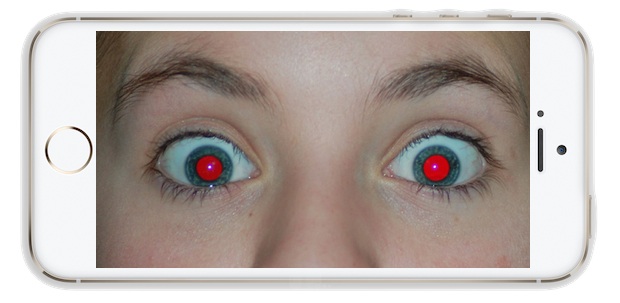iTunes 11.4 Released with Support for iOS 8 Syncing
![]() Apple has released iTunes 11.4 for OS X, the new version is required for iPhone, iPad, and iPod touch to sync and function properly after updating those devices to iOS 8, making it a highly recommended download for all Mac users.
Apple has released iTunes 11.4 for OS X, the new version is required for iPhone, iPad, and iPod touch to sync and function properly after updating those devices to iOS 8, making it a highly recommended download for all Mac users.
Mac users can find the iTunes 11.4 update available through the Software Update mechanism of OS X, and all iTunes users can also find the update available through the iTunes application itself.
Read more »

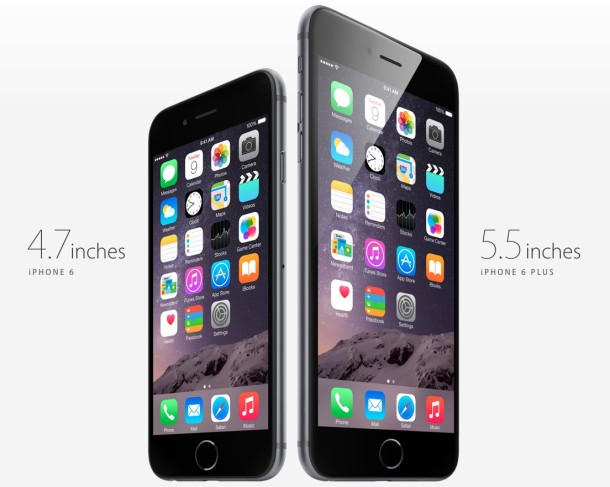
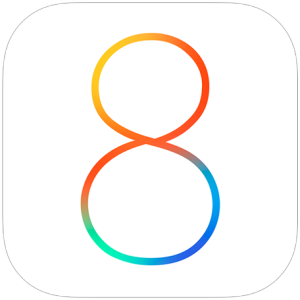 Apple has announced that iOS 8 will be released on Wednesday, September 17, two days prior to the release of iPhone 6. As usual with iOS, the major software update will arrive as a free download from the Over-the-Air update mechanism, or through iTunes.
Apple has announced that iOS 8 will be released on Wednesday, September 17, two days prior to the release of iPhone 6. As usual with iOS, the major software update will arrive as a free download from the Over-the-Air update mechanism, or through iTunes.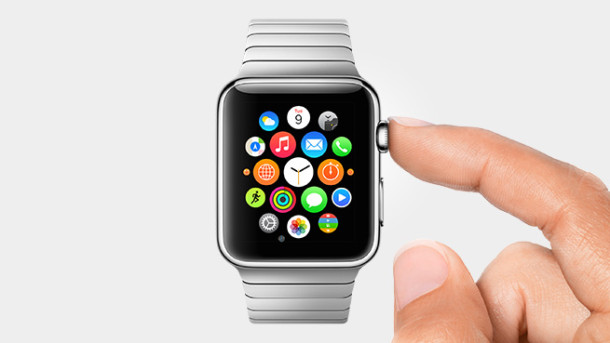

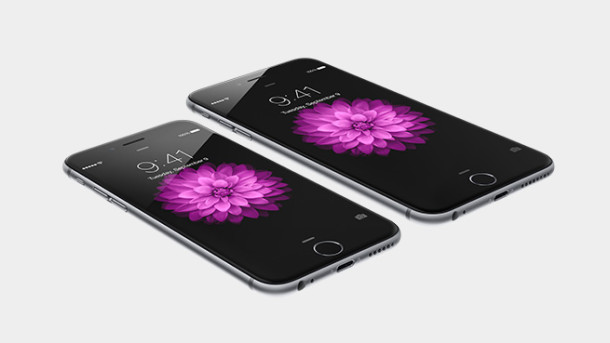
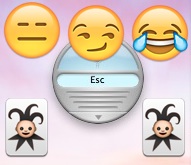 There’s a rather amusing
There’s a rather amusing 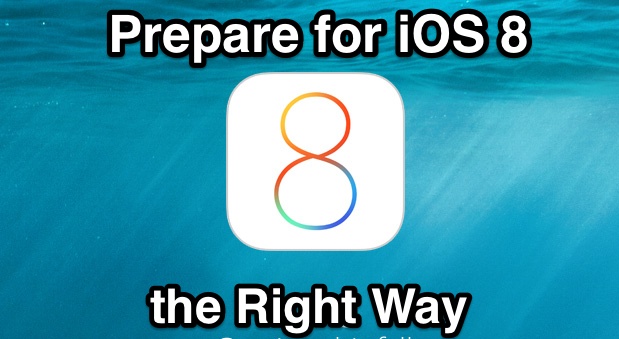
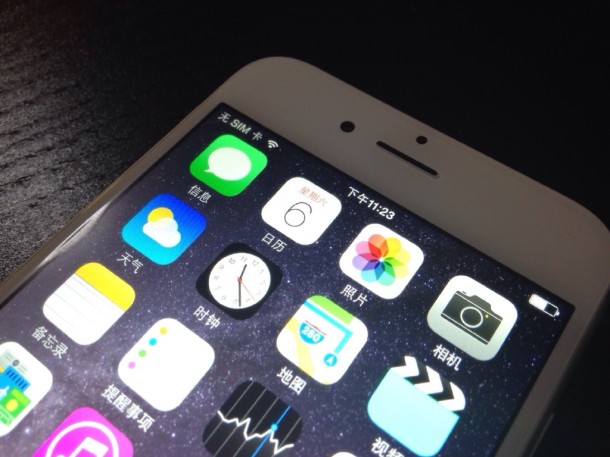
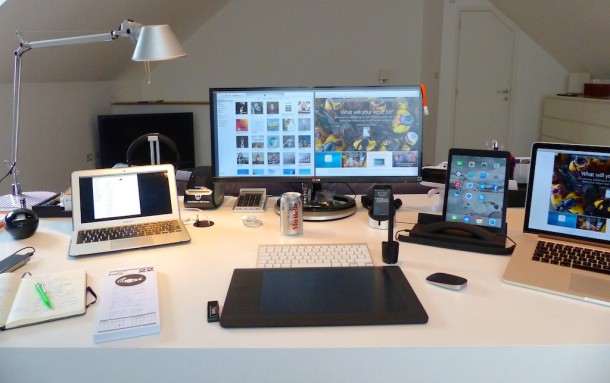

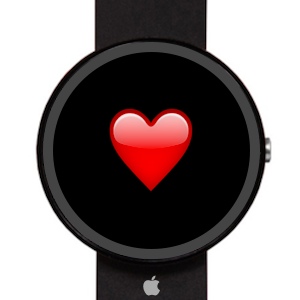 The wearable device that Apple is set to debut on
The wearable device that Apple is set to debut on 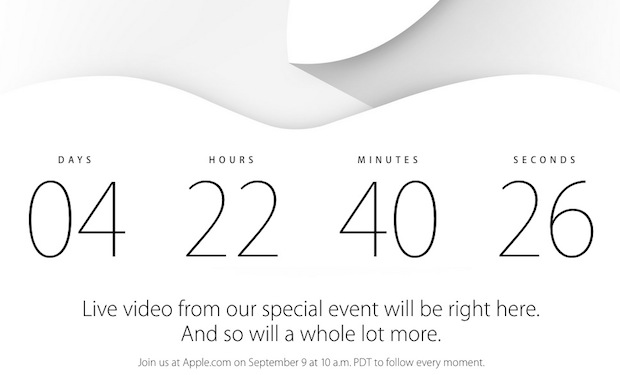
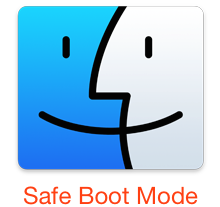 Troubleshooting complex issues on a Mac can be challenging as is, and if you’re ever confronted with some complex situations you may find the command line to lend a major hand. In this case, advanced users can boot a Mac into safe mode through the usage of the nvram utility, a tool which allows users to directly manipulate firmware variables. We’ll use nvram to enable safe booting entirely through the command line, preventing a user from needing to use the
Troubleshooting complex issues on a Mac can be challenging as is, and if you’re ever confronted with some complex situations you may find the command line to lend a major hand. In this case, advanced users can boot a Mac into safe mode through the usage of the nvram utility, a tool which allows users to directly manipulate firmware variables. We’ll use nvram to enable safe booting entirely through the command line, preventing a user from needing to use the 